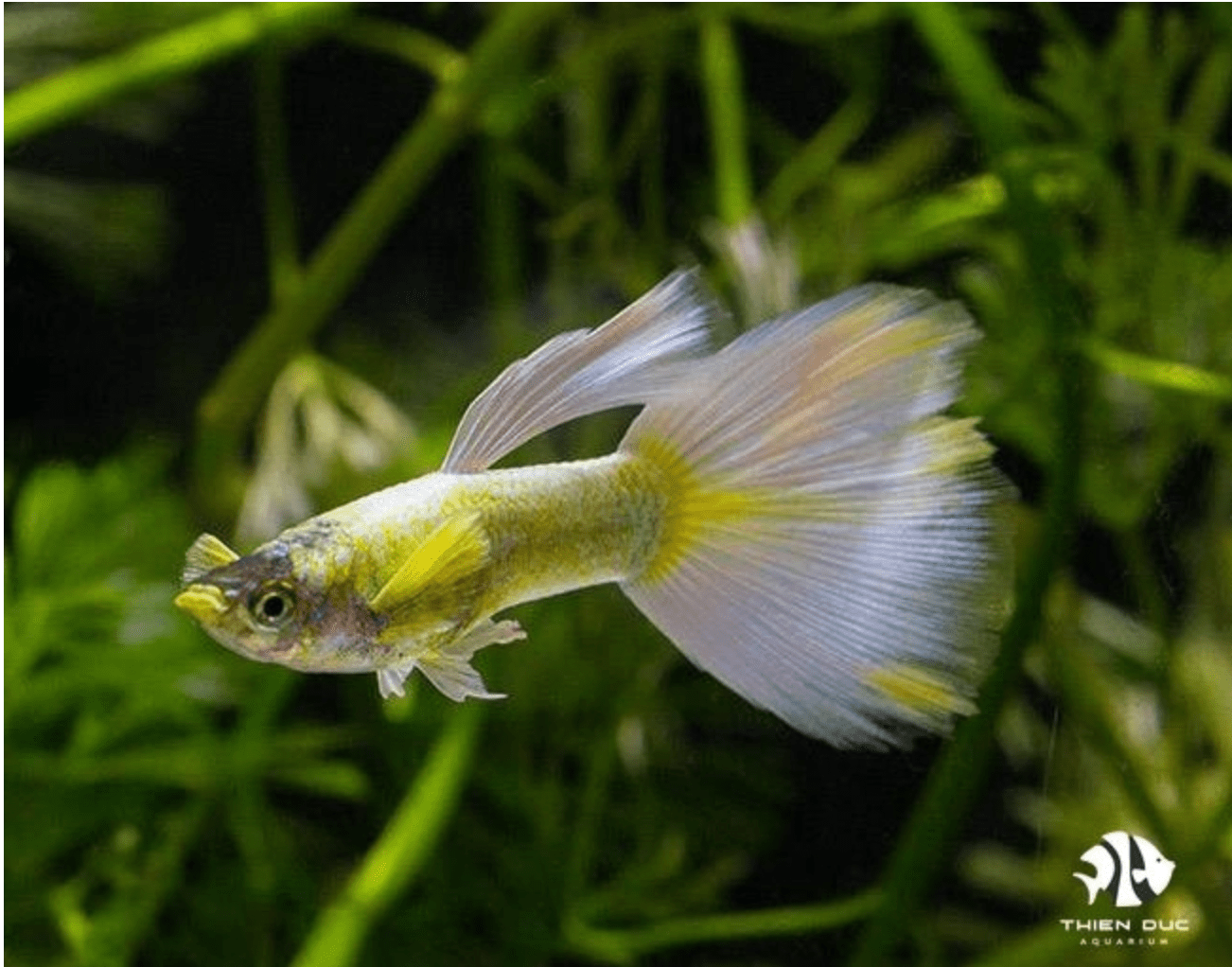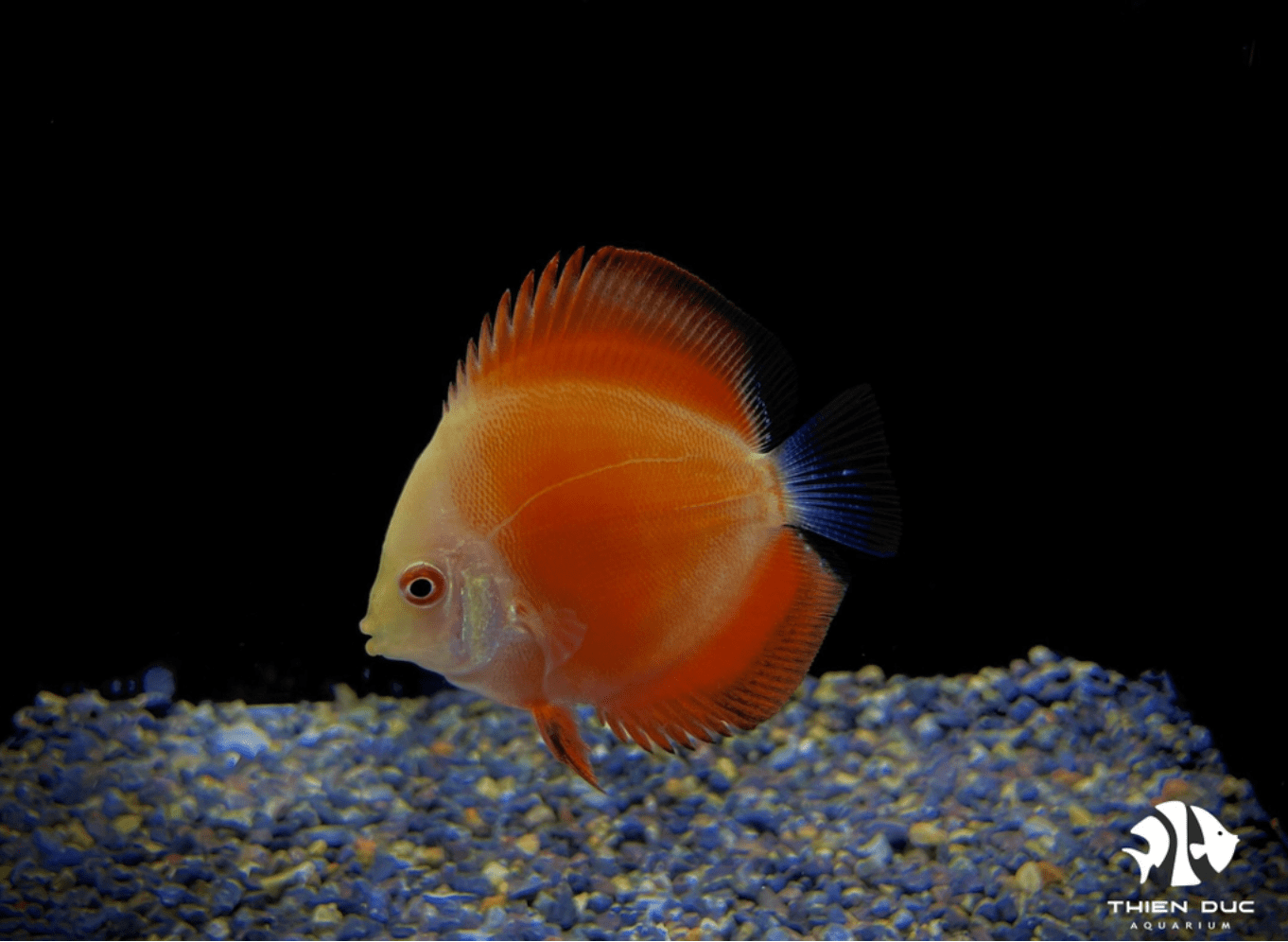Marine Fish Importers Europe: Navigating EU Regulations
The allure of the underwater world has captivated humans for centuries, drawing us to the vibrant colors and intricate forms of marine life. This fascination has translated into a thriving market for marine fish, with a growing demand for exotic and colorful species to grace home aquariums and public displays across Europe. However, the import of marine fish into the European Union is not a simple endeavor. It requires navigating a complex web of regulations designed to protect biodiversity, animal welfare, and the delicate balance of marine ecosystems. This guide aims to illuminate the path for marine fish importers Europe, providing a comprehensive understanding of EU regulations and practical tips for ensuring compliance.
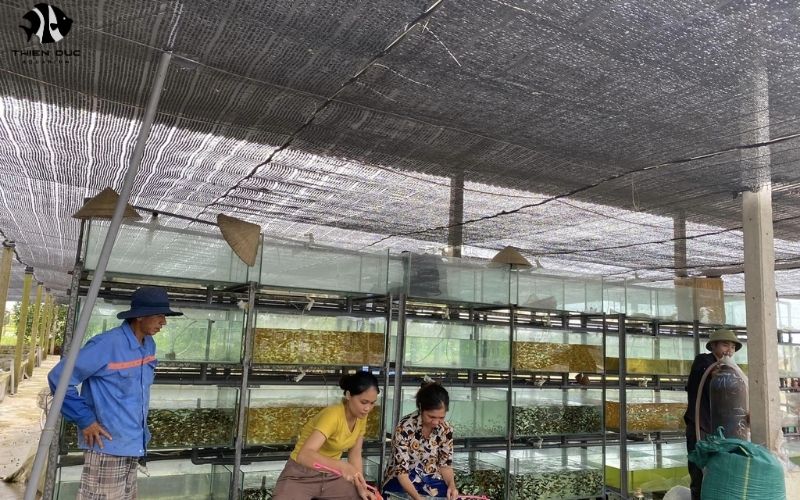
The Importance of EU Regulations for Marine Fish Imports
The European Union has implemented a robust framework of regulations governing the import of marine fish, driven by a commitment to responsible sourcing and ethical trade practices. These regulations are not merely bureaucratic hurdles but essential safeguards for the health of marine ecosystems and the well-being of the animals involved. The illegal and unsustainable fishing practices that have plagued our oceans have had devastating consequences, leading to the depletion of fish stocks, habitat destruction, and the endangerment of countless species.
EU regulations play a crucial role in combating these threats, promoting responsible fishing methods, and ensuring the sustainable management of marine resources. By adhering to these regulations, marine fish importers Europe contribute to the preservation of marine biodiversity and the long-term health of our oceans.
Key EU Regulations for Marine Fish Imports
Navigating the regulatory landscape for marine fish imports requires a thorough understanding of the key regulations governing this trade. These regulations encompass a wide range of aspects, from species protection to animal welfare, ensuring that imported fish are sourced responsibly and handled humanely.
CITES Regulations
The Convention on International Trade in Endangered Species of Wild Flora and Fauna (CITES) is an international agreement aimed at protecting endangered species from overexploitation through trade. CITES regulates the international trade of over 35,000 species of plants and animals, including numerous marine fish species.
Marine fish importers Europe must be aware of the CITES regulations and ensure that any species listed under CITES are imported legally and with the necessary permits. This involves verifying the origin of the fish, ensuring they were caught or bred sustainably, and possessing the required documentation for import. The failure to comply with CITES regulations can result in hefty fines and even legal repercussions.
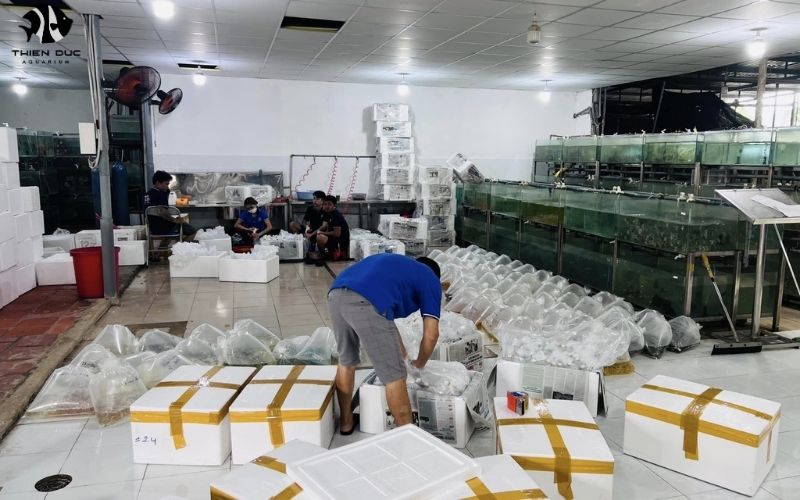
EU Trade Regulations
Beyond CITES, the European Union has established its own set of trade regulations governing the import of marine fish. These regulations encompass a range of requirements, including import licenses, health certificates, and documentation. Marine fish importers Europe must obtain the necessary licenses and permits from the relevant authorities in their respective countries, demonstrating that the fish meet the required standards for import.
The EU trade regulations also dictate the necessary documentation, including invoices, certificates of origin, and health certificates, which must accompany the imported fish. These documents serve as proof of compliance with EU regulations and facilitate customs clearance.
Animal Welfare Regulations
The European Union places a strong emphasis on animal welfare, extending this commitment to imported marine fish. EU regulations dictate the standards for the transportation, quarantine, and acclimatization of imported fish, ensuring their humane handling and suitable tank conditions.
Marine fish importers Europe must ensure that the fish are transported in appropriate containers, with adequate ventilation, water quality, and temperature control. Upon arrival, the fish must be quarantined to prevent the introduction of diseases and parasites into the local ecosystem. The quarantine period allows for observation and treatment if necessary, ensuring the health and well-being of the imported fish.
Navigating the Regulatory Landscape: Practical Tips for Importers
The complex web of EU regulations governing marine fish imports can seem daunting, but with careful planning and a commitment to compliance, marine fish importers Europe can navigate this landscape successfully. Here are some practical tips to guide you through the process:
Understanding the Regulations
Thorough research and a deep understanding of the relevant EU regulations are essential for compliance. Utilize online resources, government websites, and industry associations to access the latest information and updates. Stay informed about any changes or amendments to the regulations to ensure that your import practices remain compliant.
Choosing Responsible Suppliers
Selecting suppliers who adhere to ethical and sustainable practices is crucial for marine fish importers Europe. Choose suppliers who prioritize animal welfare and responsible fishing methods, ensuring that the fish are sourced sustainably and not contributing to the depletion of marine ecosystems. Verify supplier credentials and certifications, such as those from the Marine Stewardship Council (MSC) or Aquaculture Stewardship Council (ASC), to ensure their commitment to responsible practices.
Maintaining Compliance
Meticulous record-keeping and documentation are essential for demonstrating compliance with EU regulations. Establish clear procedures for handling import processes, including documentation, customs clearance, and quarantine. Maintain accurate records of all imported fish, including species, origin, and health certificates.
Consider seeking professional guidance from customs brokers or legal experts who specialize in marine fish imports. These professionals can provide valuable insights into the intricacies of EU regulations and assist with navigating the import process effectively.
The Role of ThienDuc Aquarium in Supporting Responsible Marine Fish Imports
ThienDuc Aquarium, with its extensive experience in sourcing and exporting marine fish, understands the complexities of navigating EU regulations. We are committed to ethical and sustainable practices, ensuring that all our marine fish are sourced responsibly and meet the highest standards of quality and animal welfare.
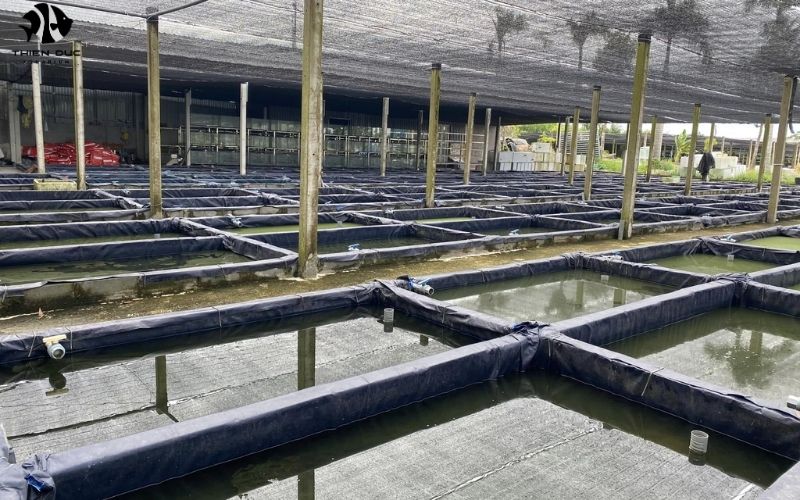
Our expertise in navigating EU regulations can be invaluable for marine fish importers Europe. We can assist with:
-
Identifying and sourcing compliant marine fish species: We have a deep understanding of CITES regulations and can help you select species that are legally imported.
-
Providing accurate documentation and permits: We ensure that all necessary documentation, including health certificates and CITES permits, are in order.
-
Facilitating smooth customs clearance: We work closely with customs authorities to ensure that your shipments are cleared efficiently and without delays.
By partnering with ThienDuc Aquarium, marine fish importers Europe can benefit from our expertise and commitment to responsible sourcing and compliance. We are dedicated to providing high-quality, healthy fish while adhering to all legal requirements, ensuring that your business operates ethically and sustainably.
Conclusion
Navigating the EU regulations governing marine fish imports requires a commitment to responsible sourcing, ethical trade practices, and meticulous compliance. By understanding the regulations, choosing responsible suppliers, and maintaining accurate records, marine fish importers Europe can contribute to the preservation of marine biodiversity and the well-being of these fascinating creatures.
Partnering with ThienDuc Aquarium can provide valuable support in navigating this complex landscape. We are committed to providing high-quality, healthy marine fish while adhering to all legal requirements, ensuring that your business operates ethically and sustainably.
Contact Information:
-
Address: 57 Le Thi Sieng, Tan Thong Hoi, Cu Chi, Ho Chi Minh City, Viet Nam
-
Mobile: +84903912501
-
Office: +84982577871
-
Email: thien@thienducaquarium.com




